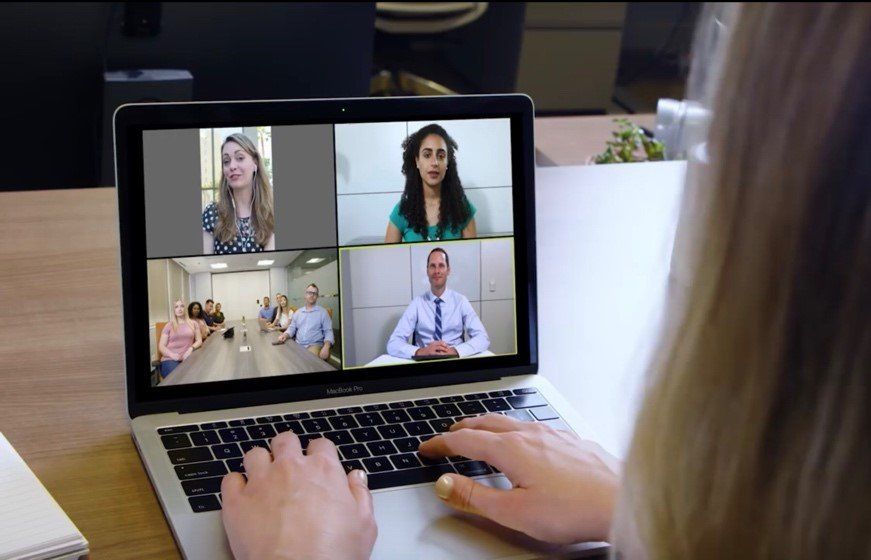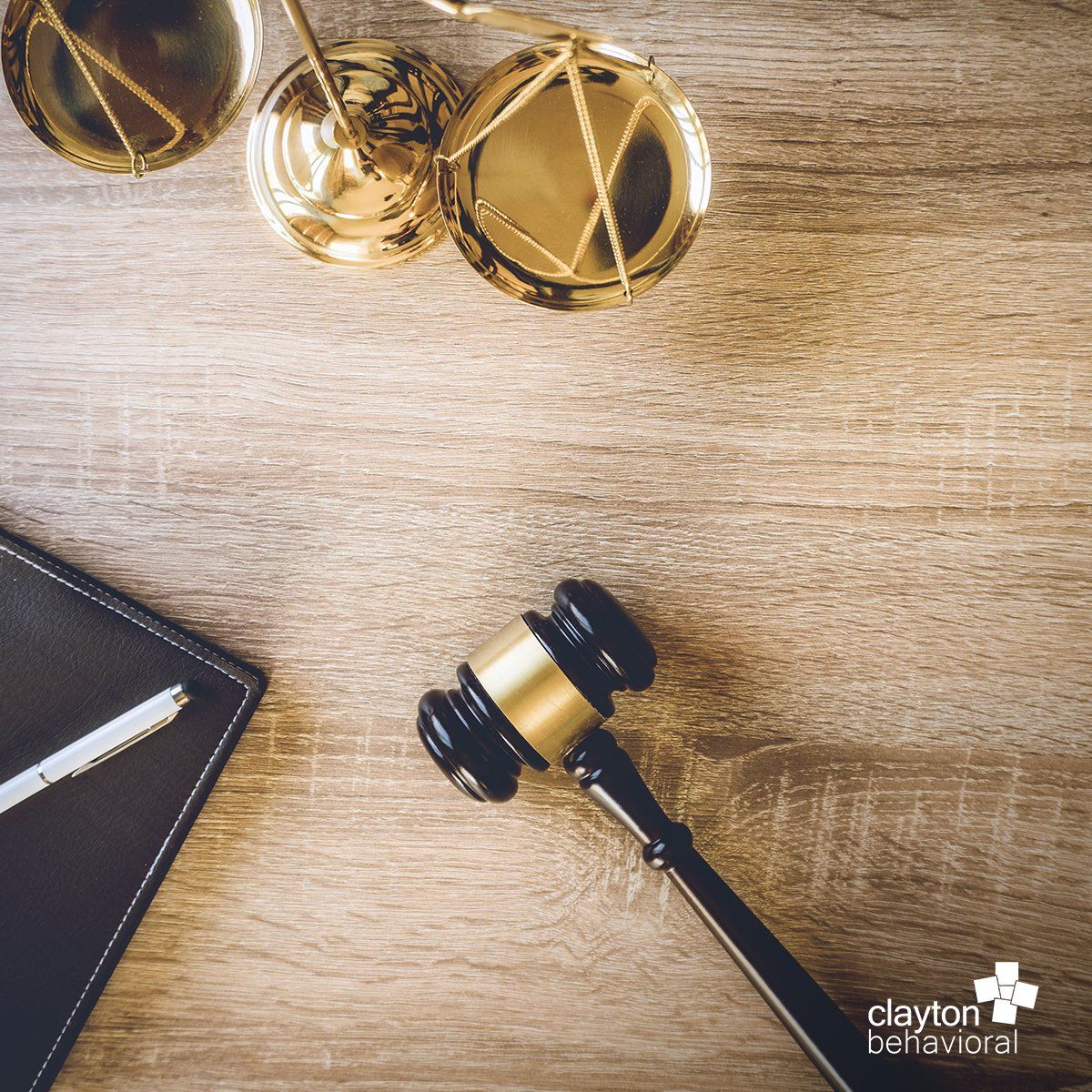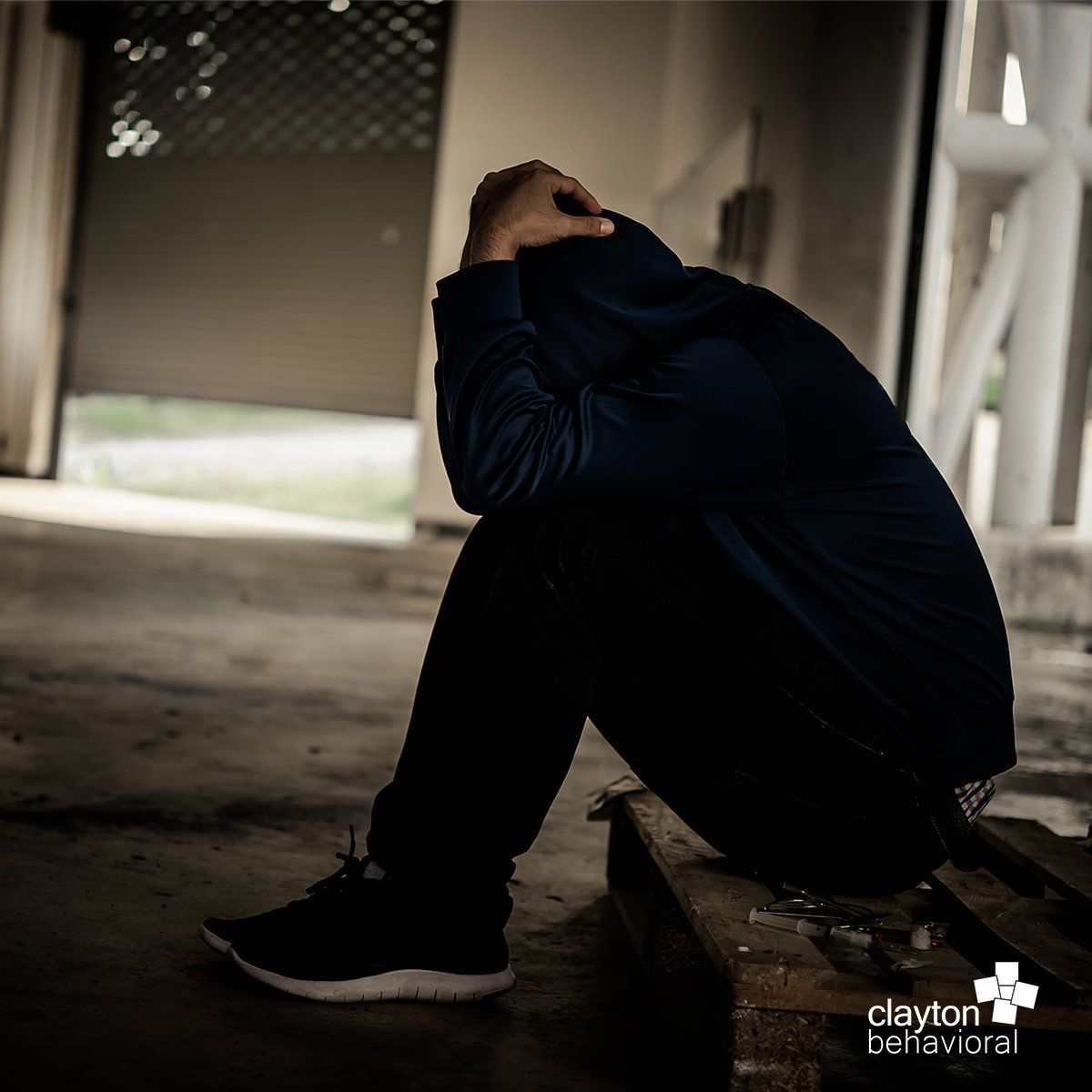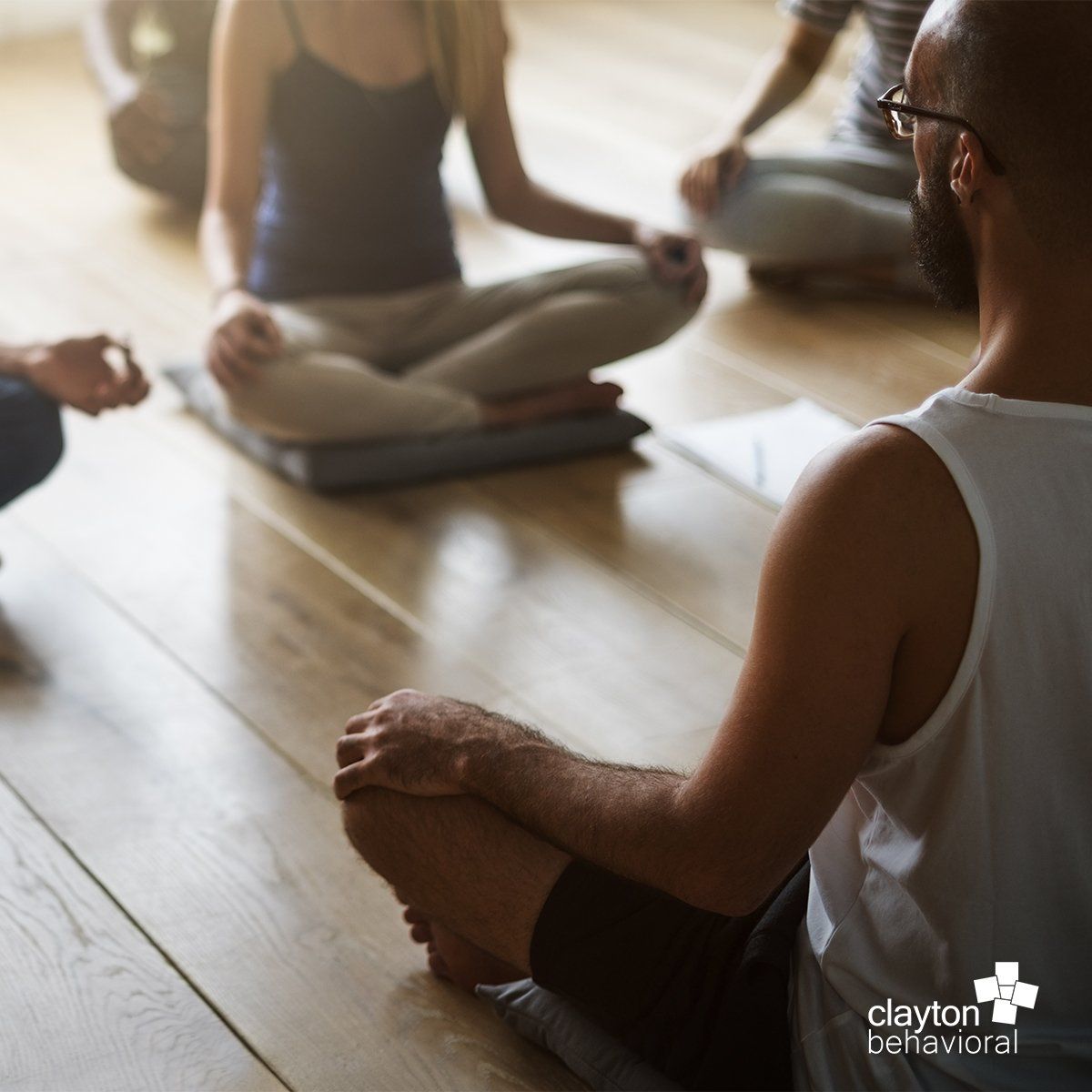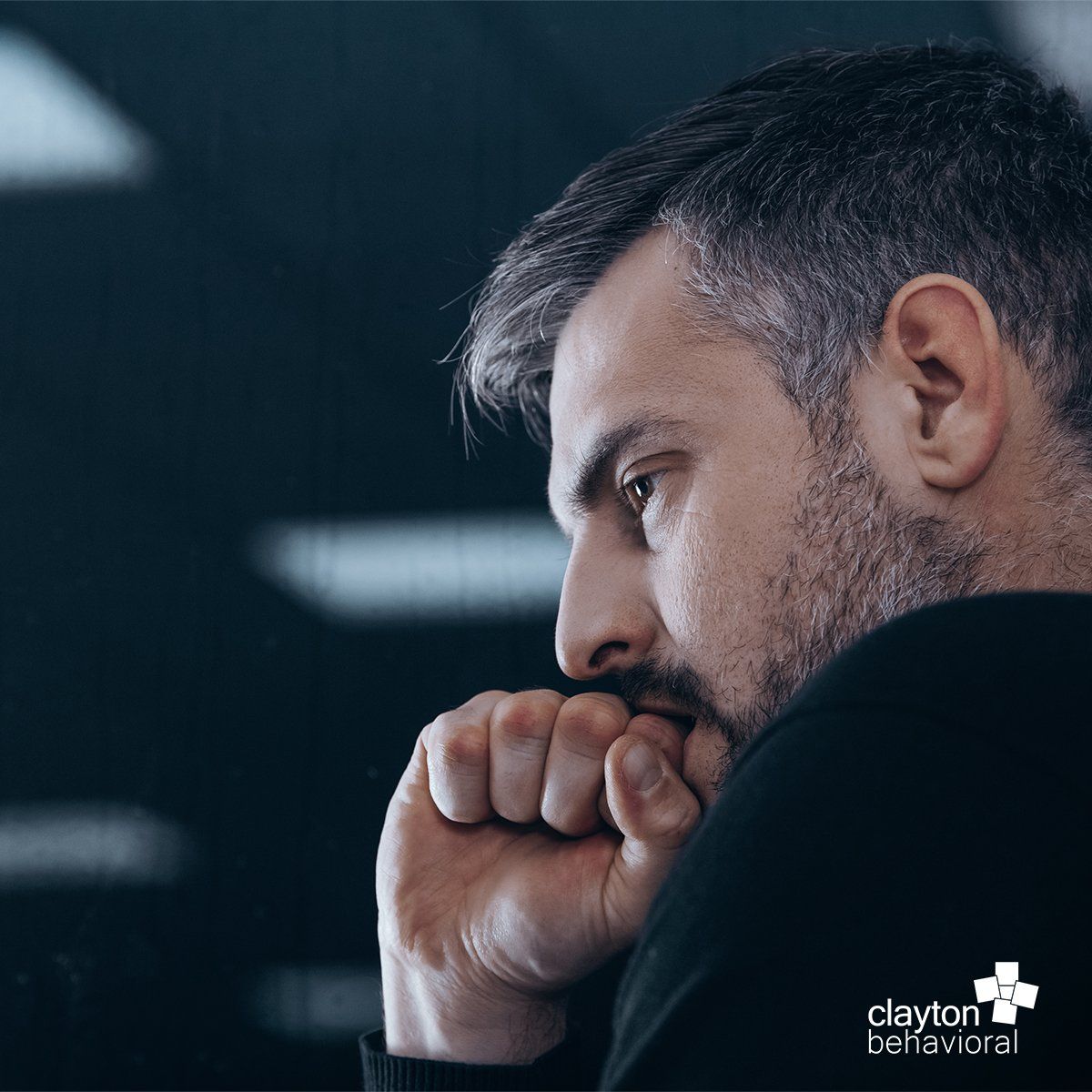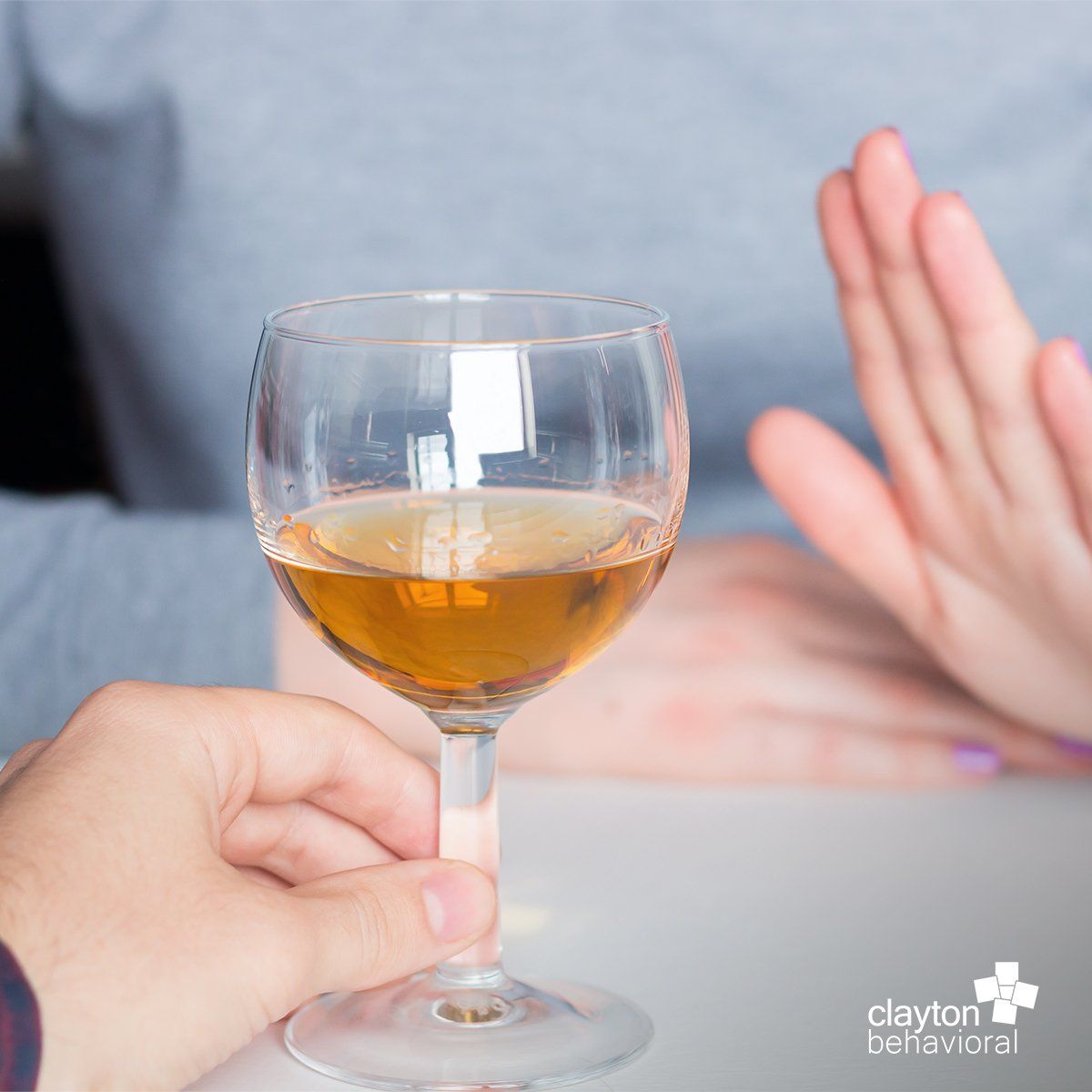Juul: Harmful or Helpful?

So, what is Juul?
By now, most people have probably heard about the latest smoking craze that’s causing a stir. Considering Juul Labs’ latest product is going up in smoke , the question of just what exactly Juul is has returned in a different context: Is it, in fact, a new and promising way to kick the smoking habit? Or is it a gateway to get millions of new, young customers addicted to nicotine?
According to David Peyton, it’s both.
“If you've never smoked, and you try Juul for a few days, this is a recipe for addiction. You could make someone addicted who's never been a smoker—or, for someone who is addicted to nicotine, this could be a way to get off of cigarettes,” says Peyton, a chemistry professor at Portland State University who tested 11 different e-cig liquids.
While the San Francisco-based e-cigarette company’s website makes the claim that, “They do not want kids using their products,” the term “Juul” has become such a pervasive trend in schools that it’s quickly made the switch from buzzword to a verb among students. In fact, some students have even admitted that they just can’t stop , spreading worry like wildfire across school administrations and parents everywhere.
Thanks to the company’s patented JuulSalts, it’s no secret why they’ve become so ubiquitous—for both adult smokers and non-smokers alike. These JuulSalts are compounds of nicotine salts formed in the same heat-dried tobacco leaves used in most cigarettes but are much less harsh when inhaled compared to other e-cigarettes that contain “freebase” nicotine. Instead, Juul combines freebase nicotine with benzoic acid in its e-liquid that comprise each flavor-filled JuulPod.
Though these flavored pods are argued by public health groups to be the reason teens are taking up this habit, the companies insist that the “flavors are critical to helping nicotine-addicted adult smokers switch from conventional cigarettes.”
Regardless of Juul Labs’ insistence that Juul is to be used solely as a product to help adult smokers , the FDA still isn’t discounting the risks for teens and young adults. “The nicotine in these products can rewire an adolescent’s brain, leading to years of addiction,” says Dr. Scott Gottlieb in an FDA press release. Paired with the latest data, not yet published, which shows a 75 percent increase in e-cigarette use among high school students this year compared with data from 2017, it’s clear the FDA is hard-pressed to find a solution for this growing epidemic.
As a result, the US Food and Drug Administration has recently announced the e-cigarette startup has 60 days to keep its devices out of the hands of kids or they run the risk of being taken off the market. However, past efforts have proven that the company’s momentum is hard to derail. With both its explosion in popularity and the heavy dose of nicotine it delivers (the same as a pack of cigarettes ), the e-cigarette market expanded by 40 percent ($1.16 billion) in 2017—its growth due in large to sales by Juul Labs.
While the FDA has garnered some praise from public health groups with its latest announcement and campaign against the devices in efforts to curtail youth’s use of e-cigarettes, the Vapor Technology Association calls the move “a giant step backward.”
“By threatening an industry—and technology that millions of adult smokers are successfully using to reduce or quit smoking deadly cigarettes—FDA is venturing into dangerous territory,” reads a statement from the association. To that end, Juul has pledged $30 million for research and education geared toward keeping young people from vaping.
With Kevin Burns, chief executive of Juul Labs, further stating the company “Will work proactively with FDA in response to its request,” it seems we’re gearing up for yet another round of back-and-forth—which continues to beg the question: Will Juul live to see another day? Or, will they be smoked out after a long run of lawsuits and public scrutiny? Only time will tell.
Is your teen using Juuls or engaging in other behaviors that concern you? It can be difficult to set limits with a teen, but the parent-teen relationship is crucial for preventing serious substance and behavioral problems. Call us to schedule a consultation at 314-222-5830, visit our website or send us an email for more information.

